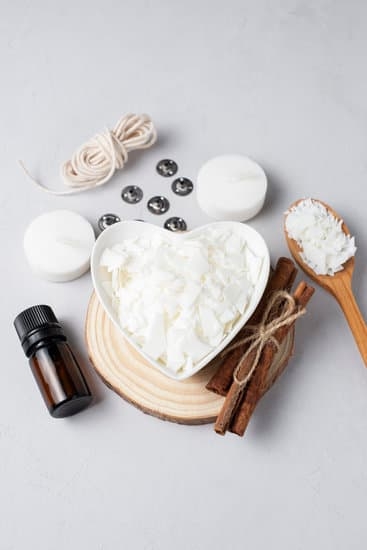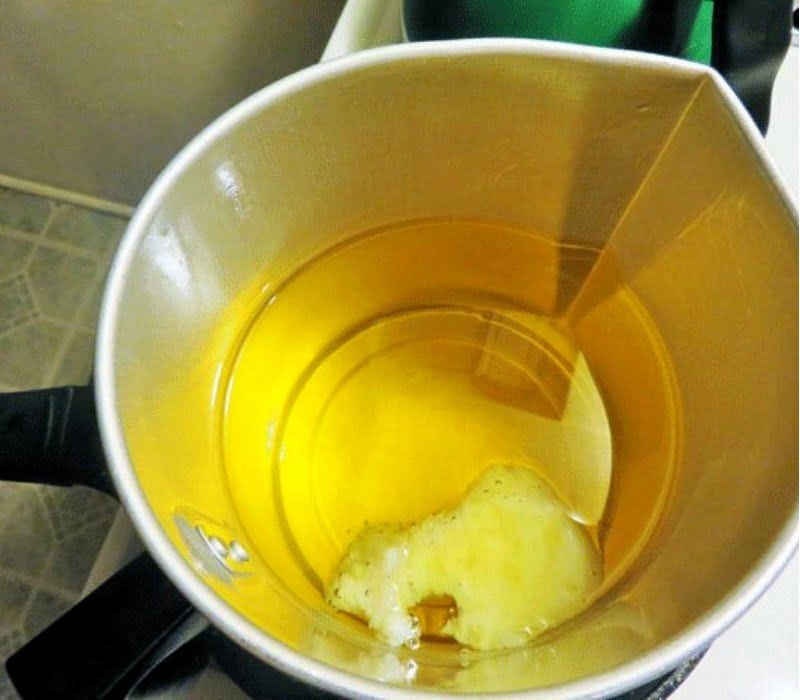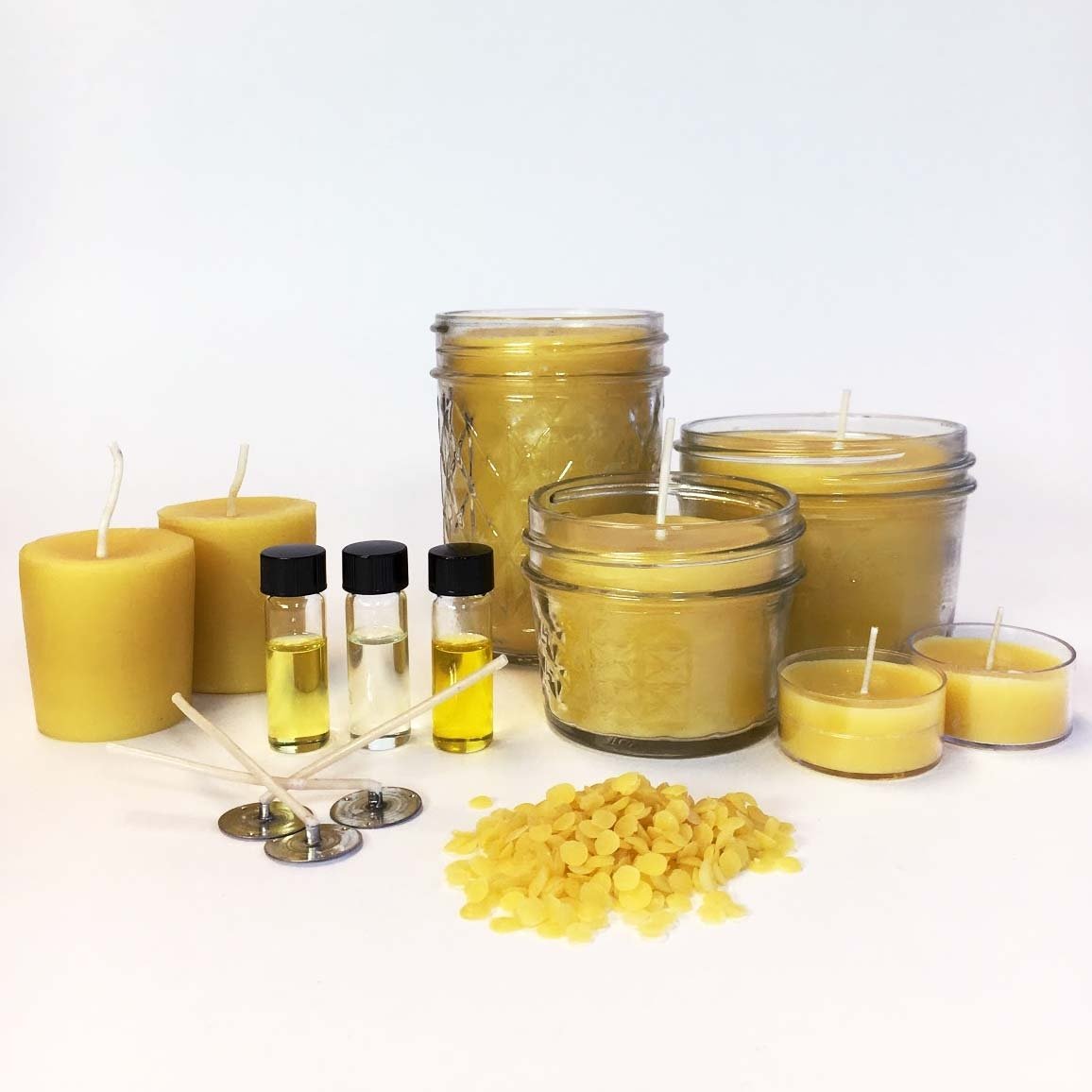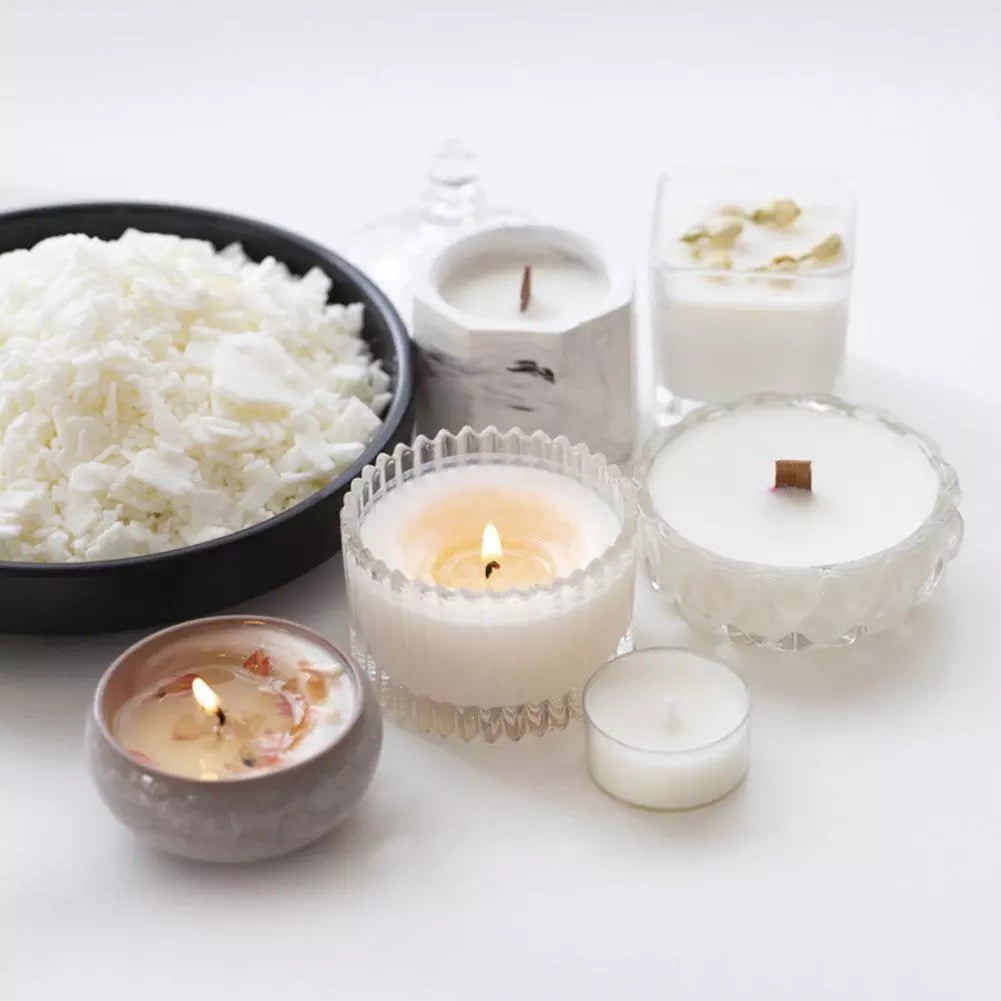The use of essential oils in candle making has been growing in popularity as more people seek natural alternatives to synthetic fragrances. Essential oils not only provide a pleasant scent but also offer potential therapeutic benefits depending on the oil used. With consumers becoming more conscious of what they expose themselves to, the demand for essential oil candles has increased significantly.
One of the main benefits of using essential oils in candle making is the avoidance of harsh chemicals found in many synthetic fragrances. Natural essential oils are derived from plants, flowers, and herbs, providing a cleaner and healthier option for those who are sensitive to artificial scents. Additionally, essential oils can offer aromatherapy effects that can promote relaxation, stress relief, or even boost concentration.
When it comes to choosing essential oils for candle making, there is a wide variety of options to explore. Popular choices include lavender for its calming properties, citrus oils for a refreshing scent, or earthy notes like sandalwood or cedarwood. Each essential oil carries its unique aroma profile and potential benefits, allowing candle makers to create custom blends tailored to their preferences or needs.
Benefits of Using Essential Oils in Candle Making
May Contain Harmful Chemicals
that can emit toxins when burned, essential oils are derived directly from plants and flowers, offering a clean and natural aroma.
Moreover, essential oils offer a wide range of therapeutic benefits beyond just their pleasant scents. For example, lavender essential oil is known for its calming properties, making it ideal for relaxation candles. On the other hand, citrus essential oils like lemon or orange can uplift the mood and energize the atmosphere in your living space. By incorporating these natural essences into candles, you not only enjoy a delightful fragrance but also experience potential health benefits through aromatherapy.
Creating a Healthier Environment in Your Home
, choosing essential oils over synthetic fragrances is a more sustainable choice. Essential oils are biodegradable and come from renewable resources, making them eco-friendly options for candle making. Additionally, many people find that essential oil candles have a longer-lasting scent compared to those with artificial fragrances.
This means you can enjoy the aromatic ambiance of your homemade candles for a longer period without needing to continuously burn them. Can I use essential oil for candle making? Absolutely – it’s a fantastic way to elevate your candle-making experience while enjoying the numerous benefits of natural scents.
Types of Essential Oils for Candle Making
Essential oils are a popular choice for adding fragrance to candles due to their natural and aromatic properties. When considering which essential oils to use for candle making, it is important to choose ones that not only smell good but also complement the mood you want to create. Some popular essential oils commonly used in candle making include lavender, citrus, eucalyptus, and peppermint.
Lavender essential oil is known for its calming and relaxing scent, making it perfect for creating a tranquil atmosphere in your space. Citrus essential oils like lemon and orange bring a refreshing and uplifting aroma that can brighten up any room. Eucalyptus essential oil has a clean and invigorating scent that can help clear the airways and promote easier breathing. Peppermint essential oil offers a cool and minty fragrance that can provide a refreshing feel to your candles.
Incorporating these essential oils into your candle making process can elevate the overall experience, turning a regular candle into a sensory delight. Experimenting with different combinations of essential oils can lead to unique scents that suit your preferences or the occasion you are creating the candles for. By understanding the characteristics of each essential oil, you can i use essential oil for candle making create candles that not only smell wonderful but also offer various aromatherapy benefits.
| Essential Oil | Main Scent |
|---|---|
| Lavender | Calming and Relaxing |
| Citrus (e.g. Lemon, Orange) | Refreshing and Uplifting |
| Eucalyptus | Clean and Invigorating |
| Peppermint | Cool and Minty |
Safety Considerations
When using essential oils in candle making, it is important to consider safety precautions to ensure a pleasant and safe experience. Essential oils are highly concentrated plant extracts that can be potent and may cause skin irritation or allergic reactions if not used properly. It is crucial to handle them with care and follow proper guidelines to avoid any potential hazards.
Identifying Potential Allergens
Before incorporating essential oils into your candle making process, it is essential to be aware of potential allergens that may trigger sensitivities or reactions in some individuals. Some common essential oils, such as lavender, citrus oils, and peppermint, are known allergens for some people. It is recommended to perform a patch test on a small area of skin before using an essential oil extensively in candles to ensure there are no adverse reactions.
Proper Dilution Ratios
Another important safety consideration when using essential oils in candle making is the proper dilution ratios. Essential oils are highly concentrated and should never be used undiluted directly on the skin or added excessively to candle wax. Most commonly, essential oils are diluted with a carrier oil before being incorporated into candles to minimize skin irritation and maximize fragrance diffusion. It is recommended to follow manufacturer guidelines for specific dilution ratios when adding essential oils to your candles.
How to Incorporate Essential Oils in Candle Making
Using essential oils in candle making is a fantastic way to add natural scents to your home while enjoying the benefits of aromatherapy. Essential oils are versatile and can be incorporated into candles easily. So, if you have been wondering “can I use essential oil for candle making,” the answer is yes.
When adding essential oils to candle wax, it is important to do so with care and precision to achieve the best results. To start, choose a high-quality essential oil that complements the type of candle you are making. Make sure to purchase essential oils that are safe for skin contact as they will also be safe for burning. Additionally, consider the strength of the scent you desire as some essential oils are more potent than others.
One method to incorporate essential oils into your candles is by adding them during the melting process of the wax. Once your wax has melted to the desired temperature, typically around 170-185°F (77-85°C), remove it from heat and let it cool slightly before adding your chosen essential oil.
Stir gently but thoroughly to ensure proper distribution of the scent throughout the wax. Remember not to overdo it with essential oils as they are highly concentrated – a few drops can go a long way in creating a beautifully scented candle.
| Types of Essential Oils | Common Scents |
|---|---|
| Lavender | Calming and floral |
| Pine | Fresh and invigorating |
| Citrus (e.g. lemon, orange) | Energizing and uplifting |
Blending Essential Oils for Custom Scents
When it comes to creating personalized scents for your candles, blending essential oils can offer a unique and aromatic experience. By combining different essential oils, you can create custom fragrances that cater to your preferences and mood. Here are some popular essential oil combinations that you can experiment with to enhance your candle-making projects:
- Lavender and Eucalyptus: This soothing blend is perfect for creating a calming atmosphere in any space. Lavender promotes relaxation and stress relief, while eucalyptus adds a refreshing touch.
- Orange and Clove: The combination of sweet orange and spicy clove creates a warm and inviting scent that is reminiscent of the holiday season. This blend is great for adding a cozy feel to your home.
- Lemongrass and Peppermint: For a revitalizing and energizing scent, try blending lemongrass with peppermint. This combination is uplifting and invigorating, making it ideal for enhancing focus and concentration.
Creating custom scents with essential oils adds a personal touch to your candle-making process. Whether you prefer floral, citrusy, or woody fragrances, experimenting with different essential oil combinations allows you to tailor your candles to suit your taste. Keep in mind that each essential oil has its own unique properties and benefits, so feel free to mix and match until you find the perfect blend for your candles.
Incorporating essential oils into your candle-making practice not only enhances the olfactory experience but also provides potential therapeutic benefits. Whether you are seeking relaxation, energy boost, or mental clarity, blending essential oils allows you to create candles that cater to your specific needs. Remember to always follow proper dilution guidelines and safety precautions when working with essential oils for candle making to ensure a safe and enjoyable crafting experience.
Storage and Shelf Life of Essential Oil Candles
When it comes to making candles with essential oils, proper storage is key to maintaining their scent potency. Essential oil candles are prized for their natural fragrances and therapeutic properties, so preserving these qualities is essential for a satisfying candle-burning experience. Here are some tips on how to store essential oil candles to ensure they remain aromatic and effective for an extended period.
First and foremost, it is crucial to store essential oil candles in a cool, dark place away from direct sunlight and heat sources. Exposure to sunlight and high temperatures can cause the essential oils to degrade, leading to a loss of fragrance potency. A pantry or cupboard shelf is an ideal location for storing your essential oil candles as it provides a stable environment that helps preserve the integrity of the oils.
Additionally, it is recommended to store essential oil candles in airtight containers or packaging to prevent the evaporation of the aromatic compounds. This will help retain the strength of the scents over time and ensure that your candles continue to emit their delightful aromas when lit.
Be sure to seal your candles properly after each use to maintain their freshness and potency for as long as possible. By following these storage guidelines, you can prolong the shelf life of your essential oil candles and enjoy their natural fragrances for many months ahead.
Overall, proper storage practices play a crucial role in maintaining the quality and effectiveness of essential oil candles. By keeping them in a cool, dark place away from sunlight and heat, as well as sealing them in airtight containers, you can extend the lifespan of your aromatic creations.
Investing in good storage habits will not only preserve the scent potency of your essential oil candles but also enhance your overall candle-making experience. So next time you indulge in candle crafting using essential oils, remember these tips for storing them properly and maximizing their aromatic potential.
Conclusion
In conclusion, the use of essential oils in candle making has become increasingly popular due to the desire for natural and aromatic alternatives to synthetic fragrances. The benefits of using essential oils, such as their therapeutic properties and unique scents, have made them a preferred choice among DIY candle makers. From calming lavender to invigorating citrus scents, the variety of essential oils available allows for endless possibilities in creating personalized and natural candles.
When incorporating essential oils into candle making, it is important to consider safety precautions such as potential allergens and proper dilution ratios. By following guidelines and taking necessary steps to ensure safe usage, one can enjoy the benefits of essential oil candles without any risks. Experimenting with different essential oil blends can also provide a fun and creative outlet for those looking to customize their candle scents according to their preferences.
As you embark on your candle making journey using essential oils, remember to store your creations properly to maintain their scent potency over time. Whether you are creating candles for personal use or as gifts for loved ones, the addition of essential oils can bring a natural and aromatic touch that elevates the sensory experience. So go ahead, explore the world of essential oils in candle making and unleash your creativity for a truly rewarding craft.
Frequently Asked Questions
What Essential Oils Are Safe for Candle Making?
When it comes to essential oils for candle making, some safe options include lavender, peppermint, lemon, and eucalyptus. It’s important to use high-quality oils specifically designed for candles to ensure they burn properly and maintain their aroma.
Can You Use Regular Essential Oils in Candles?
While regular essential oils can technically be used in candles, it’s generally recommended to use fragrance oils that are specifically formulated for candle making. Regular essential oils may not perform as well in candles and could potentially pose safety risks if not designed for burning.
Is It Better to Use Fragrance Oil or Essential Oil for Candle Making?
The choice between fragrance oil and essential oil for candle making ultimately depends on personal preference and the desired outcome. Fragrance oils tend to offer a wider variety of scents and often have stronger throw in candles. Essential oils, on the other hand, provide natural aromas but may be more subtle in terms of scent strength.

Welcome to my candle making blog! In this blog, I will be sharing my tips and tricks for making candles. I will also be sharing some of my favorite recipes.





